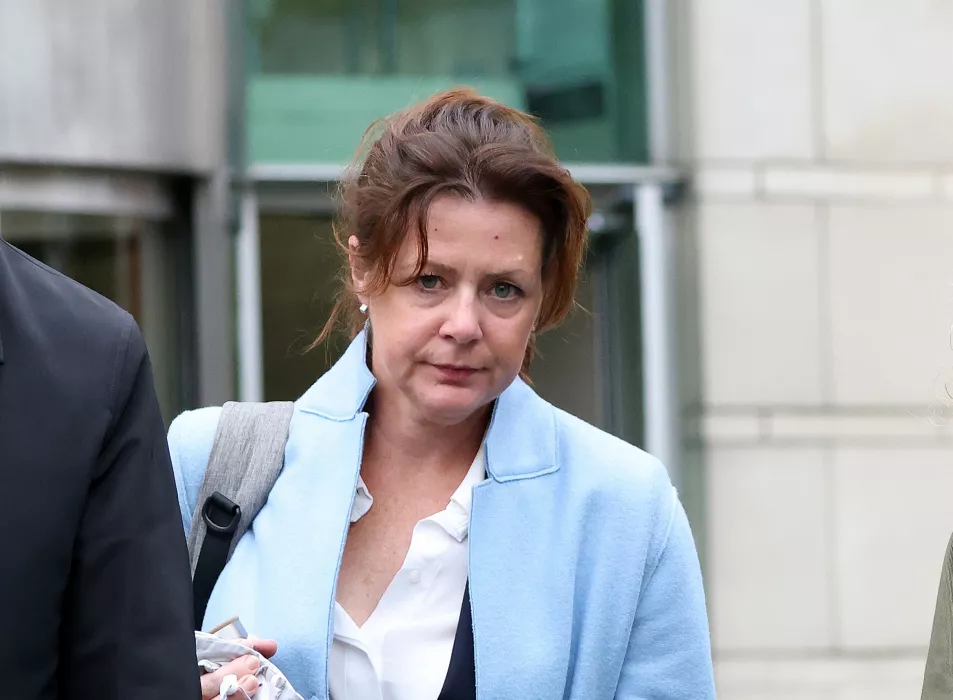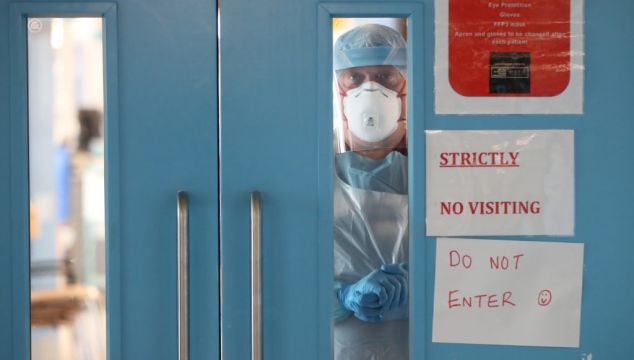Many of those who died in the Covid-19 pandemic in Northern Ireland were ultimately victims of the dire state of the region’s health service prior to the pandemic, the chair of the UK inquiry has been told.
The coronavirus emergency hit a health system that was already “near collapse” due to years of underinvestment and political dysfunction, a group representing bereaved relatives claimed.
Northern Ireland’s under-pressure health service has the longest waiting lists in the UK.
Major plans to reform and restructure the system have been stalled by a series of political impasses at Stormont.

At a preliminary hearing on the scheduled Northern Ireland module of the UK-wide Covid-19 inquiry, a group representing families of those who lost loved ones in the pandemic said the state of the health service prior to March 2020 must be examined.
Brenda Campbell KC, representing Northern Ireland Covid-19 Bereaved Families for Justice, made the case to inquiry chair Baroness Hallett at the virtual hearing on Wednesday afternoon.
“Whilst, of course, this is not an inquiry into the pre-existing state of health services or public services, be it health care or social work, and nor could it be that, we contend that so far as Northern Ireland is concerned, the inquiry must acknowledge, again either by way of expert evidence or otherwise, the really perilous state of public services in Northern Ireland before the onset of the pandemic,” she said.
“Many of our families are in no doubt that their loved ones were ultimately victims of a health and social care system in a state of near collapse.
“The fact that it has been in a state of near collapse is widely recognised, both in literature and also in expert evidence given to other court cases in Northern Ireland.
“So, it’s our submission that the impact of that austerity that we have addressed in our written submissions, combined with the long periods of the absence of a functioning executive, left the prevailing health care system and social care system in a dire state before the pandemic, and decisions made, and this is important in terms of bringing it within the scope (of the inquiry), that those pre-existing pressures were real, and that decisions made in the context of those have got to be examined.
“Therefore, in order to properly consider the impact of the pandemic on health and social care in Northern Ireland, we must first understand the prior state of the healthcare system.”

Ms Campbell said the current political stalemate at Stormont and lack of functioning political institutions made the Northern Ireland module of the UK inquiry all the more important for the families.
“The ongoing political stalemate, if I can call it that, in the north means that a Northern Irish-specific inquiry is no closer to reality, nor is in fact the ongoing scrutiny that might have been expected in the aftermath of the pandemic,” she told Baroness Hallett.
“So, in reality, your inquiry represents the only opportunity for bereaved families in the north to get and to gain and to bring some understanding of their individual and collective experience during the Covid-19 pandemic here in Northern Ireland, and, accordingly, it is very much welcomed and it is very much appreciated by the Northern Irish families.”







